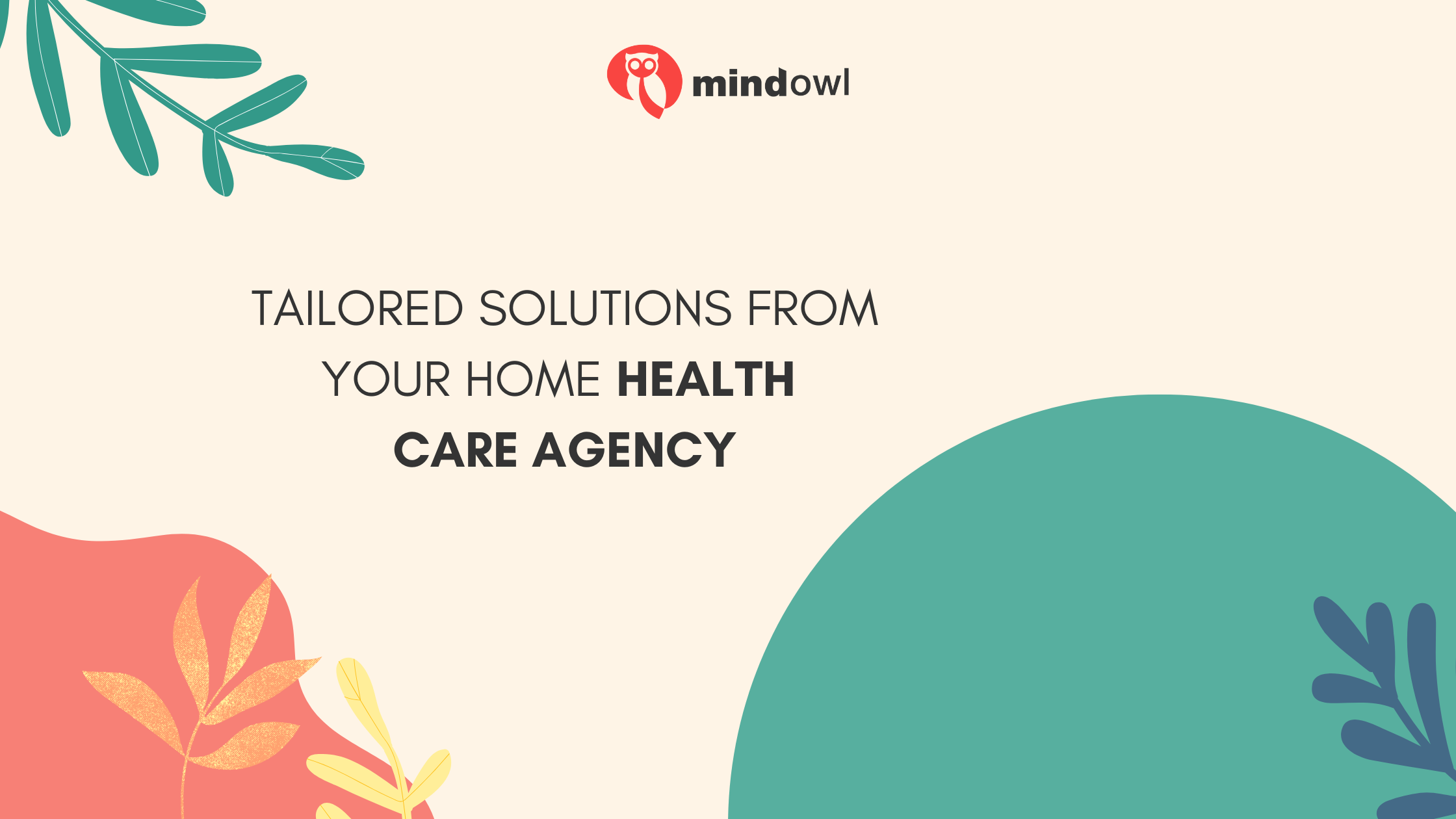
Private home health care is increasingly becoming the preferred option for individuals who want to age in place or manage medical conditions from the comfort of their own homes.
Private duty care provides tailored support for each client’s physical, emotional, and daily needs. Unlike standardized medical services, these personalized plans emphasize flexibility, familiarity, and overall wellness.
In this article, we’ll explore how private duty care works, what to look for in a quality provider, and how it can help you gain control of and enhance your quality of life.
Personalized Care Plans for Individual Needs
A defining feature of private home health care is the addition of personalized care plans. These plans aren’t templates. They’re unique plans created from your in-depth care coordinator assessment. It evaluates everything, including your medical history, lifestyle preferences, and physical limitations.
For example, suppose a senior client is living with Parkinson’s disease. In that case, their plan may include help with movement, meal assistance to meet elderly nutritional needs, and consistent medication management to help them age with dignity.
Conversely, a client recovering from orthopedic surgery may only need temporary, mobility-focused support.
Private duty care plans accommodate all these variations, ensuring the correct type (and level) of care for every client.
Equally important, these plans evolve. Monthly (or more frequent) reviews enable the agency and family members to adjust services in response to changing health conditions, new diagnoses, or lifestyle adjustments.
Flexibility and Continuity in Care
Unlike rigid institutional schedules, private duty caregivers adapt to the client’s timeline. Agencies coordinate these needs around real life, not the other way around.
This can mean early-morning bathing assistance, evening medication reminders, or weekend help while the family is away. Some clients opt for 24/7 care, while others may only need a few visits a week.
Continuity is another excellent benefit. With consistent caregivers, clients develop trust and familiarity. This is especially important for those with cognitive impairments like dementia, where even minor disruptions can be distressing.
Over time, caregivers recognize subtle behavioral cues, preferences, and communication styles, enhancing the client’s safety and comfort.
This continuity includes documentation and communication. Reputable agencies keep accessible, detailed records for clients and families. Care notes, health observations, and routine changes are tracked, enhancing transparency and accountability.
Comprehensive Services Beyond Basic Care
Private duty care includes specialized support such as medication reminders, wound care, vital sign monitoring, and medical equipment assistance. These services are tailored to specific conditions, such as stroke recovery, heart failure, or Alzheimer’s care.
Equally valuable are the non-medical services. Companionship visits reduce loneliness and improve mental health in seniors. Help with hobbies, walks, and social events helps clients stay connected to their communities.
Caregivers may prepare meals according to dietary restrictions, ensure proper hydration, and guide physical therapist-suggested at-home exercises.
Transportation plays a vital role as well. For individuals unable to drive, caregivers can assist them with doctor’s visits, haircut appointments, or spiritual gatherings. These small but meaningful activities enhance patients’ dignity and nurture a sense of independence.
Specialized Care for Chronic Conditions
Managing chronic illnesses at home requires advanced coordination, and private-duty caregivers often receive specialized training.
From diabetes management, including monitoring glucose levels and preparing diabetic-friendly meals, to caring for COPD patients who require oxygen and respiratory support, these caregivers operate under clear medical guidelines.
Agencies may also integrate with external healthcare providers to offer coordinated care.
This involves collaborating with physicians, physical therapists, and hospice nurses to ensure alignment. In complex situations, families may request assistance with clinical tasks from the agency’s Certified Nursing Assistants (CNAs) or Licensed Practical Nurses (LPNs).
Emotional Well-being and Mental Health
The emotional aspect of private duty care is frequently overlooked. Seniors or homebound individuals often experience isolation and depression. Caregivers skilled in social engagement methods, reminiscence therapy, or mindfulness practices can significantly enhance emotional resilience.
Numerous agencies include cognitive stimulation activities like puzzles, music therapy, or storytelling in their care plans.
These activities not only provide enjoyment but also help to slow mental decline in older adults. A consistent presence can be exceptionally comforting for families living far away who are concerned about their loved ones’ social interactions.
Technology and Telehealth Integration
Modern home care increasingly utilizes technology to enhance service. Many agencies now provide mobile apps that enable families to view care logs, communicate with caregivers, and receive updates in real-time.
Some even incorporate fall detection systems and telehealth integration to facilitate virtual doctor consultations from home.
This benefits clients in rural areas with limited access to specialists. Caregivers can quickly assist clients via video call with a cardiologist or securely upload their vitals to a physician-monitored portal.
Choosing the Right Provider
When choosing a private home care agency, ask: What is the caregiver-to-client ratio? Are caregivers trained in specialized needs (e.g., dementia, fall prevention)? Does the agency perform background checks and ongoing training?
Reputation also matters. Check reviews on platforms like Better Business Bureau or Google, and don’t hesitate to ask for references.
Finally, verify that the agency holds the necessary licenses and insurance in your state. Certain states mandate particular certifications for home health aides, whereas others may not. Being aware of these details guarantees that your loved one receives safe and professional care.
MindOwl Founder – My own struggles in life have led me to this path of understanding the human condition. I graduated with a bachelor’s degree in philosophy before completing a master’s degree in psychology at Regent’s University London. I then completed a postgraduate diploma in philosophical counselling before being trained in ACT (Acceptance and commitment therapy).
I’ve spent the last eight years studying the encounter of meditative practices with modern psychology.

